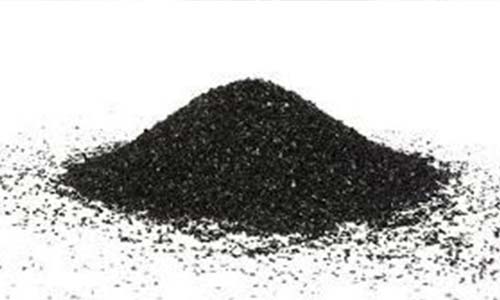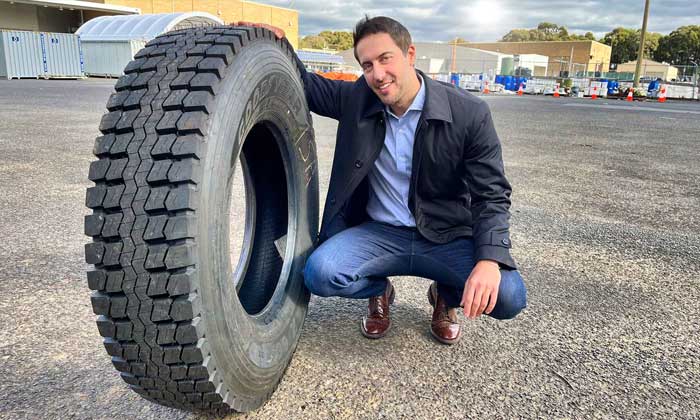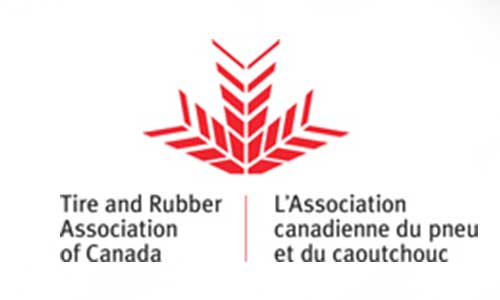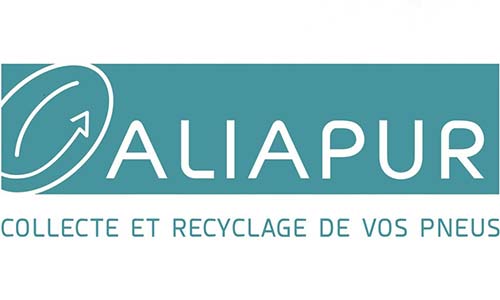
Join Rubberized Asphalt Workshop by LIFE RE-PLAN CITY LIFE and LIFE SILENT, Rome, Dec 4-5
The workshop "Rubberised asphalt between myths and reality. How to overcome the obstacles", organized under the LIFE RE-PLAN CITY LIFE and LIFE SILENT projects, aims to raise awareness about the use of Recycled Tyre Materials (RTMs) in transport infrastructure, urban planning, and sports facilities. These projects focus on promoting circular economy practices and improving the sustainability of road construction while addressing environmental and economic challenges.












